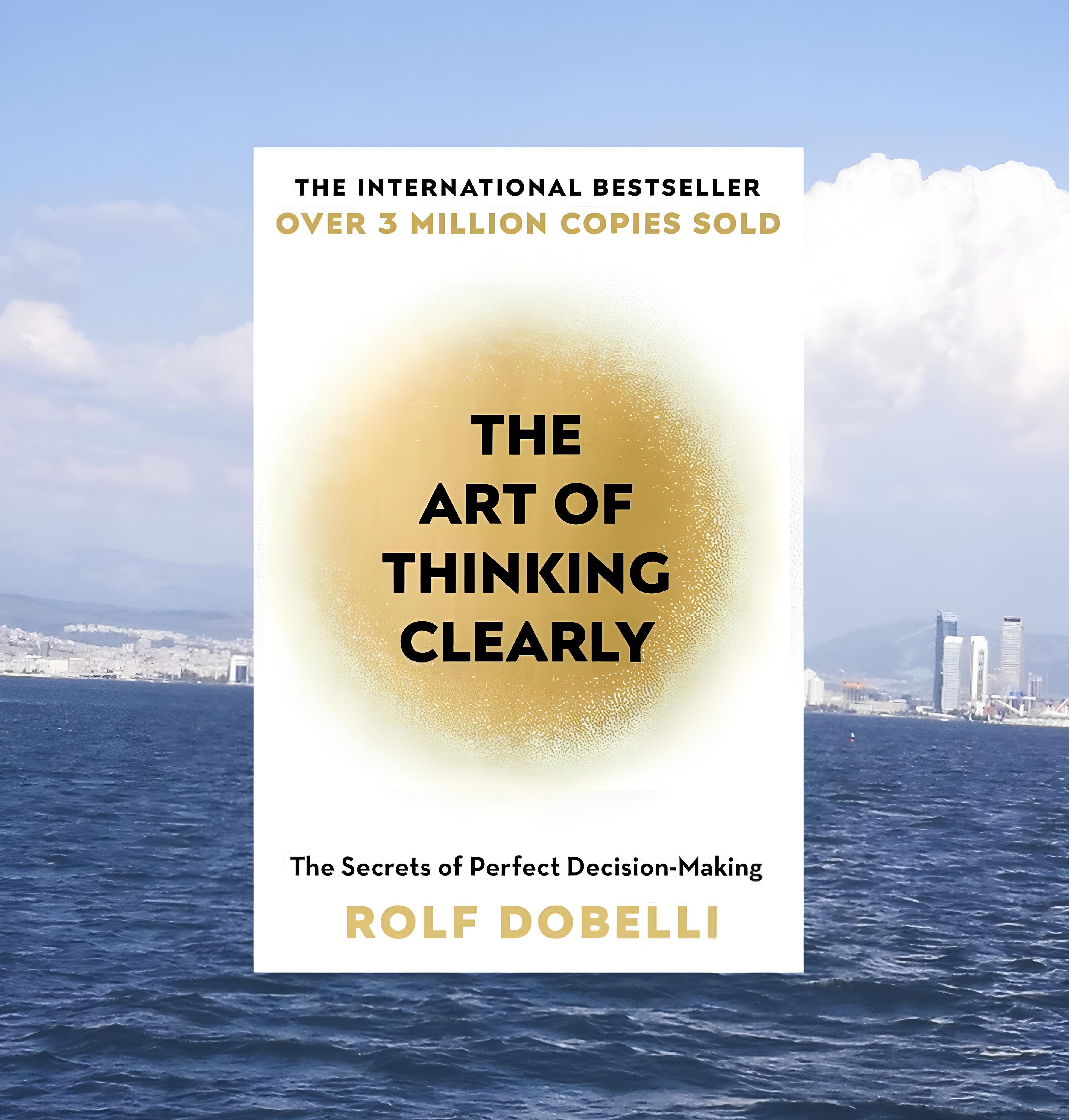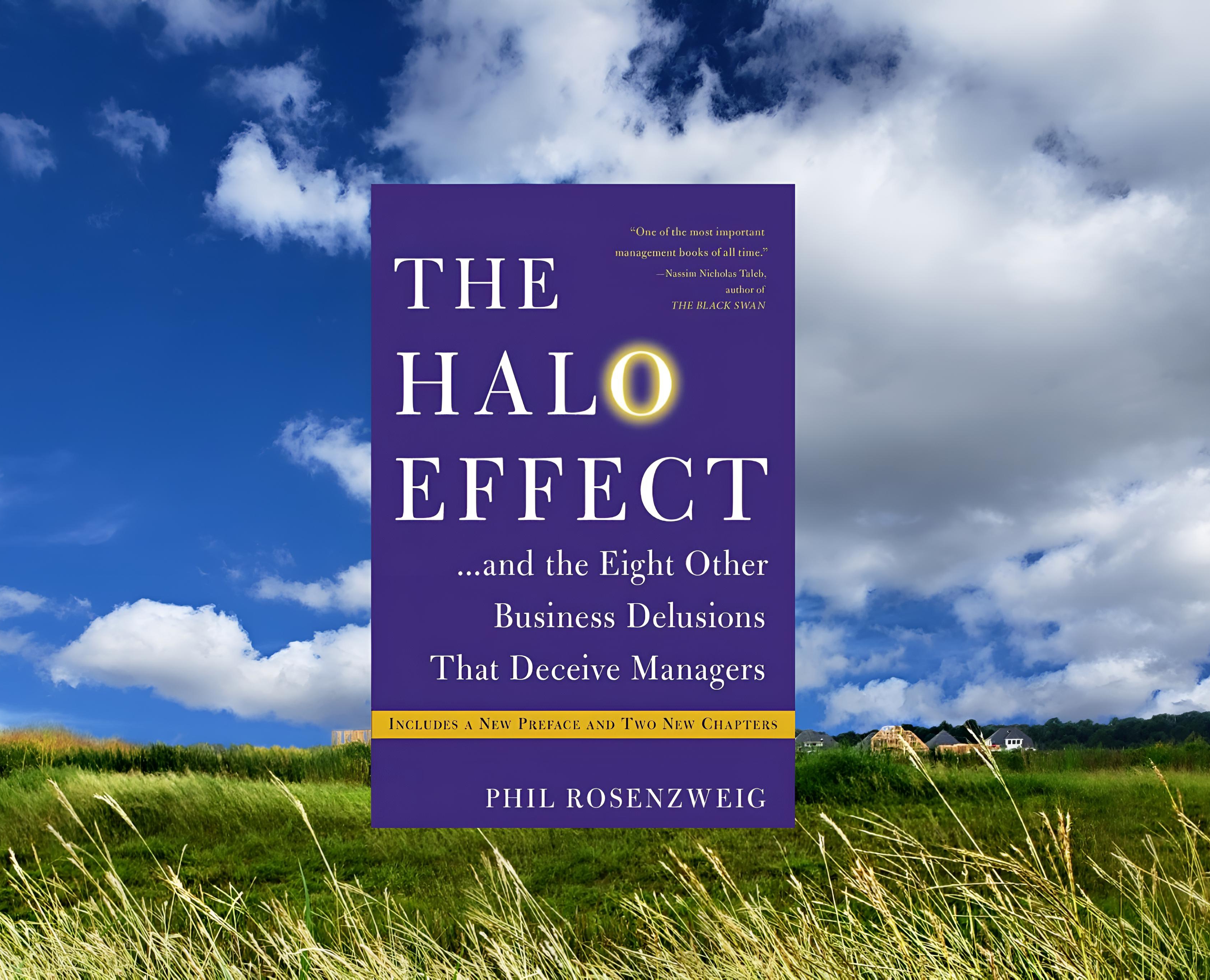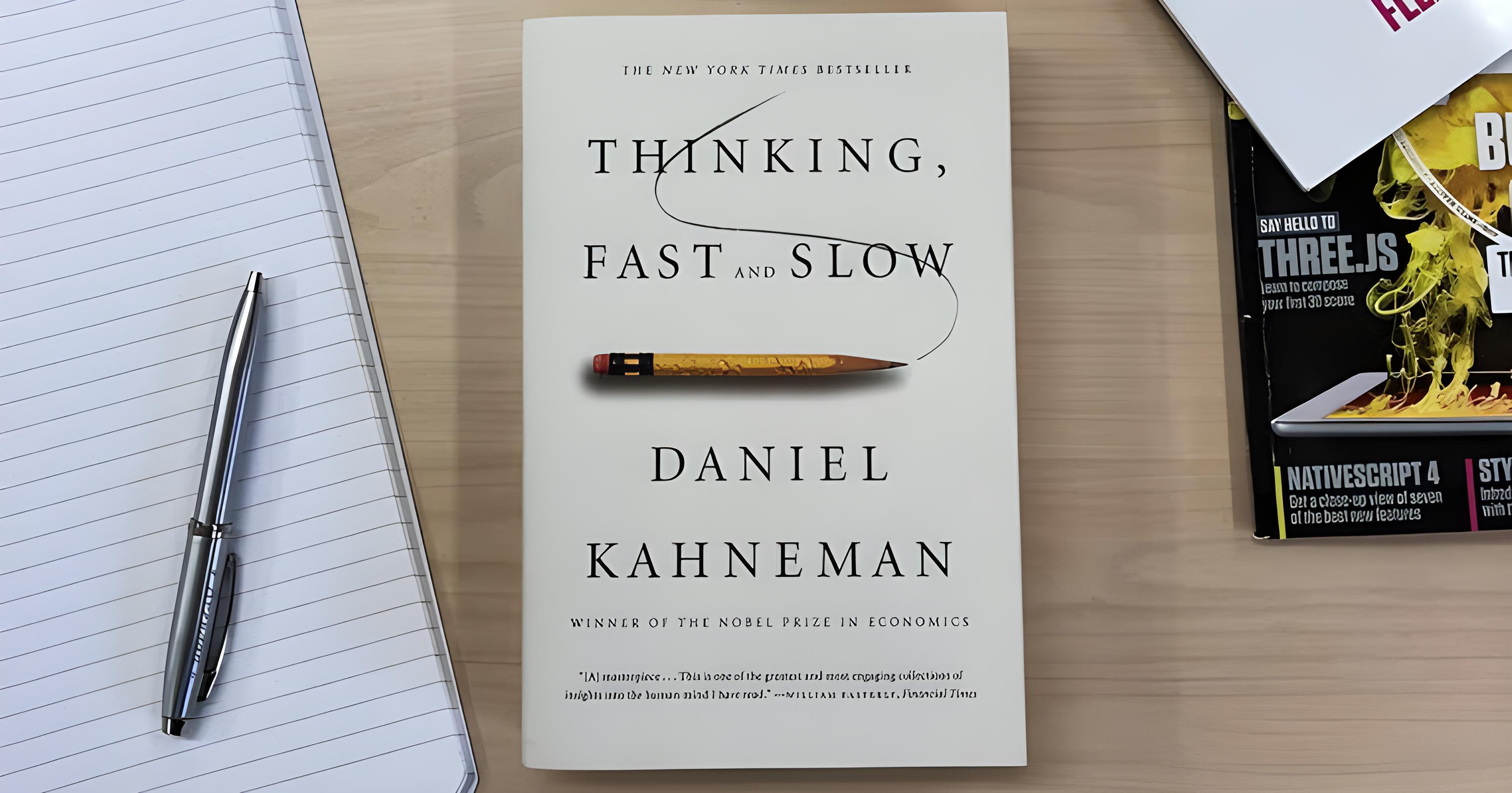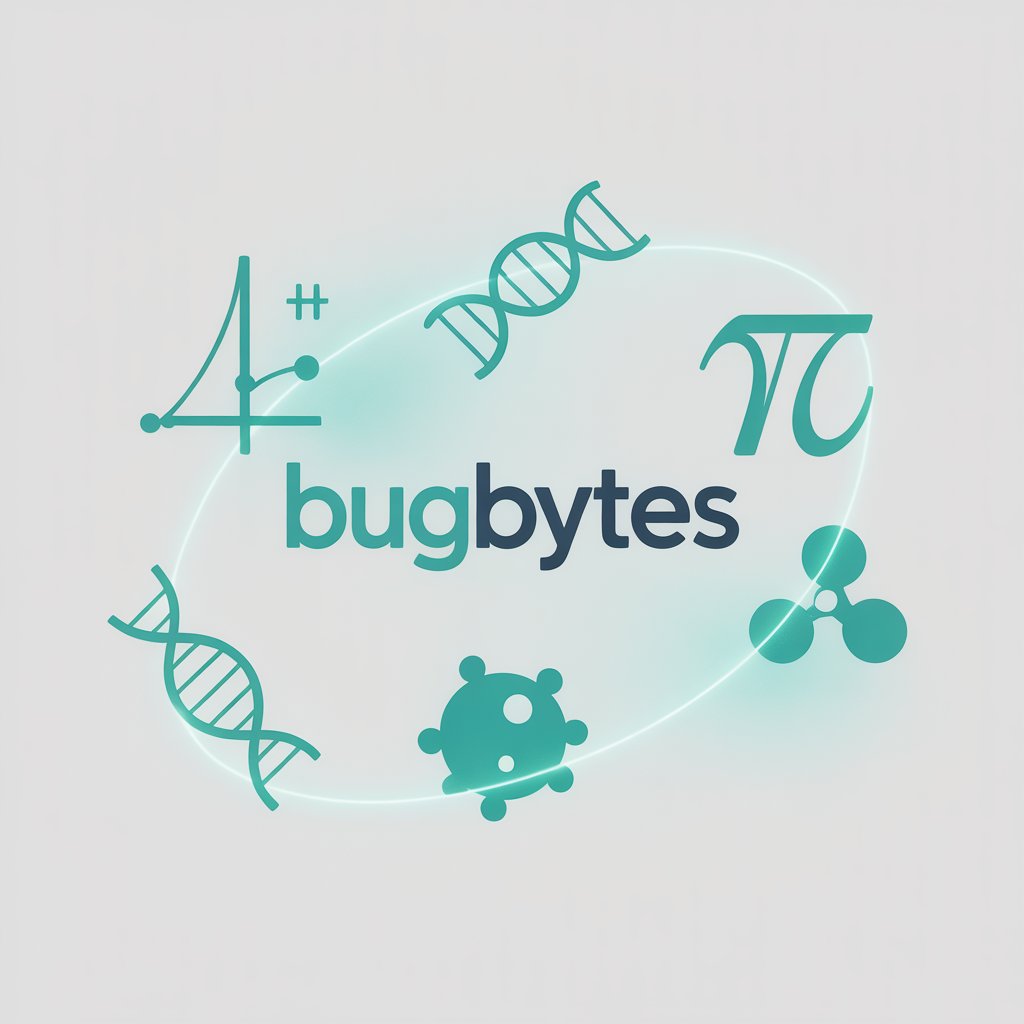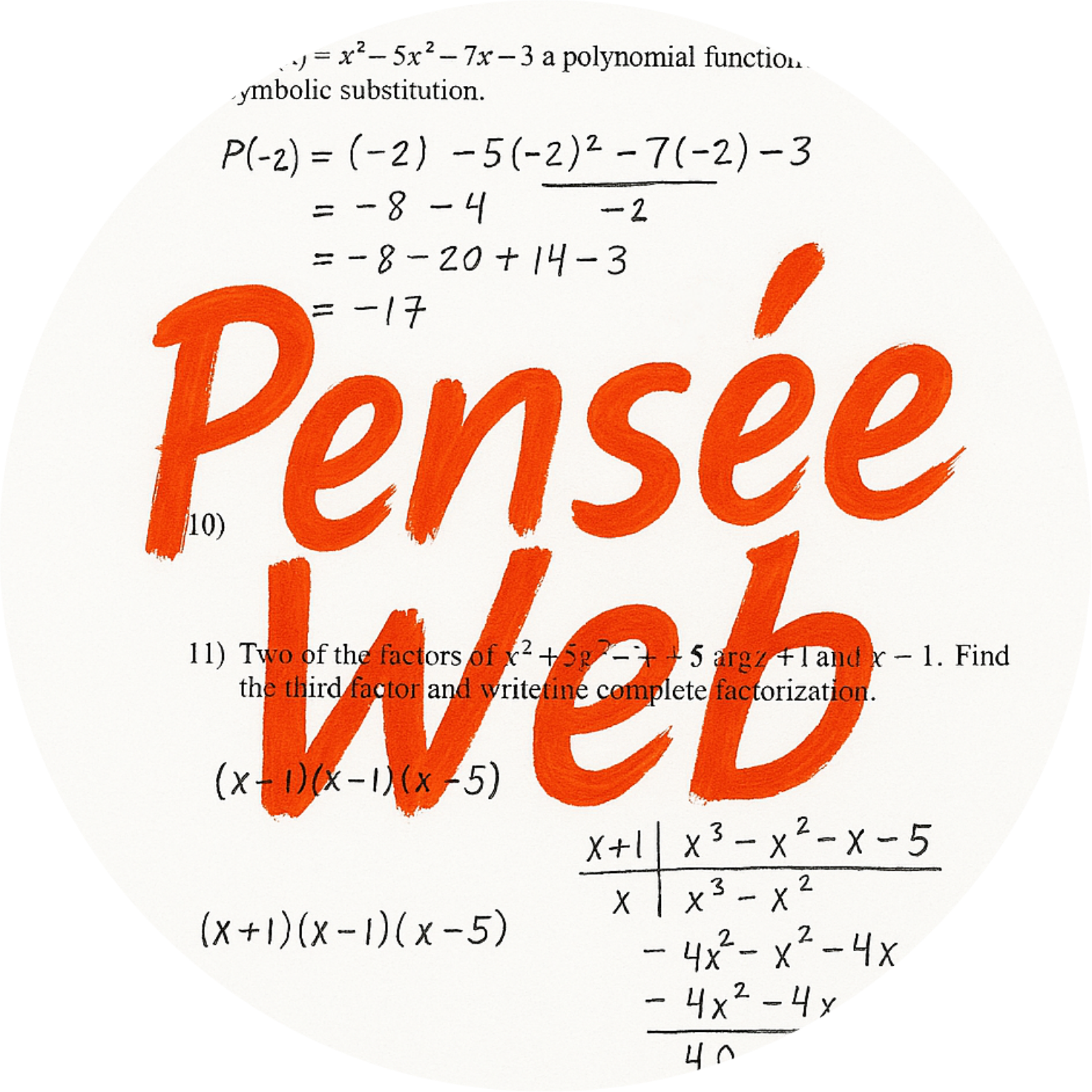Back
Vikas Acharya
Building WelBe| Entr... • 4m
day 1 - THE HALO EFFECT The Halo Effect is a type of cognitive bias where our overall impression of a person influences how we feel and think about their character or abilities. Here's a simple way to understand it: Imagine you meet someone who looks very friendly and has a warm smile. Because of this good first impression, you might automatically think they are also kind, smart, or good at their job, even without much evidence. Example: POSITIVE HALO EFFECT: If a teacher is well-dressed and speaks eloquently, students might assume this teacher is also very knowledgeable and fair, even if they've just met them. NEGATIVE HALO EFFECT: Conversely, if someone has a unkempt appearance or is rude, you might assume they're also lazy or incompetent in other areas, regardless of their actual skills or personality. In both cases, one trait (like appearance or one behavior) casts a "halo" or "shadow" over our perception of all other traits of that person. This can lead to biased judgments in areas like hiring, promotions, or even in personal relationships. Remember, the halo effect can skew our judgment, so it's good to look for real evidence before forming an opinion about someone's capabilities or character. Mastering the Halo Effect involves understanding it deeply and using that understanding to navigate social, professional, and personal interactions more effectively. Here's how you can work on mastering this cognitive bias: 1. Awareness and Recognition Educate Yourself: First, fully grasp what the Halo Effect is. Read up on psychological studies, case examples, and practical applications. Self-Reflection: Pay attention to your own judgments. When you form an opinion about someone, ask yourself if you're influenced by one dominant trait or perception. 2. Critical Thinking Separate Traits: Learn to evaluate people based on multiple traits rather than letting one attribute define them. For example, someone might be very charismatic but not necessarily competent in their job. Evidence-Based Judgments: Make decisions based on evidence rather than first impressions. Look for concrete data or ask for examples of past performance. 3. Mitigation Strategies Structured Evaluations: In professional settings, use structured interviews or performance reviews that focus on specific, measurable skills and achievements. Blind Processes: Implement blind or double-blind processes where possible (like in recruitment or peer reviews) to minimize the influence of appearance or known reputation. 4. Leveraging the Halo Effect Positively Personal Branding: If you understand that people will make assumptions based on visible traits, you can use this to your advantage by presenting yourself in a way that positively influences initial perceptions. Team Building: In leadership, you can create a positive team culture by highlighting the strengths of team members, thereby potentially 'halo-ing' their contributions. 5. Practice and Feedback Role-Playing: Simulate scenarios where you practice making judgments based on multiple data points rather than a single interaction or trait. Seek Feedback: Ask others about how they perceive your judgment process. Are you prone to the Halo Effect? How can you improve? 6. Continuous Learning Stay Updated: Psychology and behavioral economics are ever-evolving fields. Keep learning about new research and insights into cognitive biases. Workshops or Seminars: Attend or organize workshops on decision-making, bias awareness, and critical thinking. 7. Ethical Considerations Fairness: Always strive to counteract the Halo Effect to ensure fairness in your interactions, decisions, and judgments. Responsibility: Recognize the power of first impressions and use this knowledge ethically, not to manipulate but to foster genuine connections and opportunities. Mastering the Halo Effect isn't about manipulating people but about improving your decision-making process, understanding human behavior, and creating environments where judgments are as fair and unbiased as possible. Remember, the goal is to be aware and mitigate bias, not to exploit it.
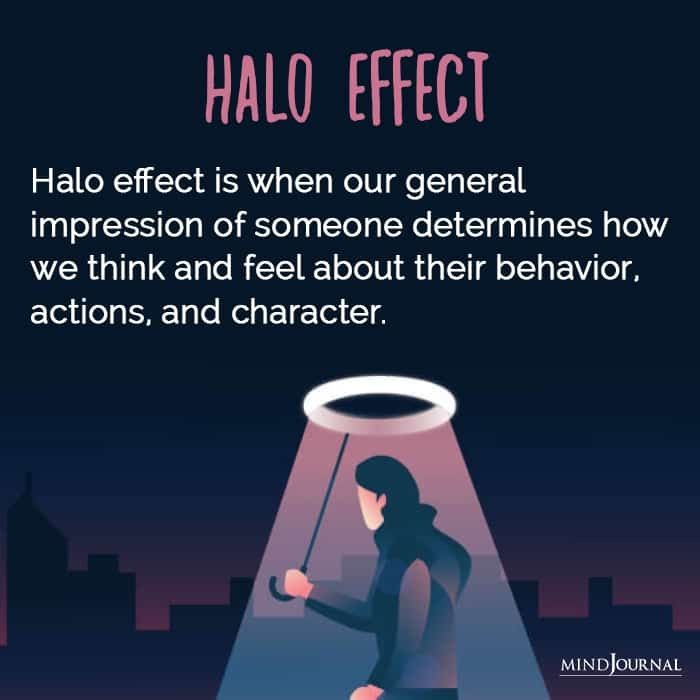
More like this
Recommendations from Medial
Download the medial app to read full posts, comements and news.




